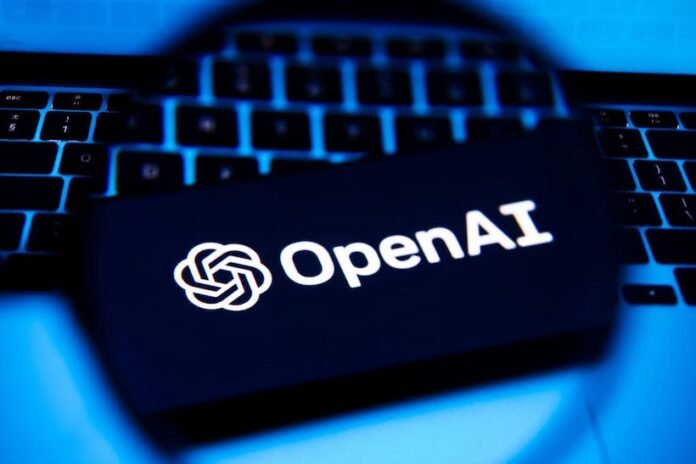In a recent staff report, the Federal Trade Commission (FTC) highlighted potential competitive issues arising from partnerships between big tech companies and generative AI developers. The report specifically mentions Microsoft’s alliance with OpenAI and Amazon and Alphabet/Google’s collaborations with Anthropic. As per FTC Chair Lina Khan, these collaborations could lead to lock-in, deprive start-ups of crucial AI inputs, and expose sensitive information that can jeopardize fair competition.
The Tech-AI Partnerships
These partnerships, according to the FTC, could have significant implications. For instance, they could affect access to computing resources and engineering talent. They could also increase switching costs for companies working with AI developers and potentially give cloud providers exclusive access to sensitive information. There is a growing concern that such arrangements may give rise to a form of unfair competition.
“The FTC’s report sheds light on how partnerships by big tech firms can create lock-in, deprive start-ups of key AI inputs, and reveal sensitive information that can undermine fair competition.” – FTC Chair Lina Khan
- Partnerships could affect access to computing resources and engineering talent
- May increase switching costs for companies working with AI developers
- Could give cloud providers exclusive access to sensitive information
Microsoft and OpenAI
Microsoft’s partnership with OpenAI has been defended by Rima Alaily, Microsoft’s deputy general counsel, who stated that the collaboration has resulted in one of the most successful AI startups in the world. It has also spurred unprecedented technology investment and innovation in the industry.
“Microsoft’s partnership with OpenAI has enabled one of the most successful AI startups in the world and spurred a wave of unprecedented technology investment and innovation in the industry.” – Rima Alaily, Microsoft’s Deputy General Counsel
Implications and Conclusions
The FTC’s report brings to light the potential competitive issues that can arise from the partnerships between tech giants and generative AI developers. The report does not necessarily imply that these partnerships are inherently harmful or anti-competitive, but it does indicate that they warrant closer scrutiny. The implications of these findings could be far-reaching, potentially affecting the direction of AI development and the competitive landscape of the industry.
It is crucial for both policy makers and industry stakeholders to understand the implication of these partnerships and take necessary actions to ensure fair competition and innovation. The future of the AI industry may very well depend on how these issues are addressed.

